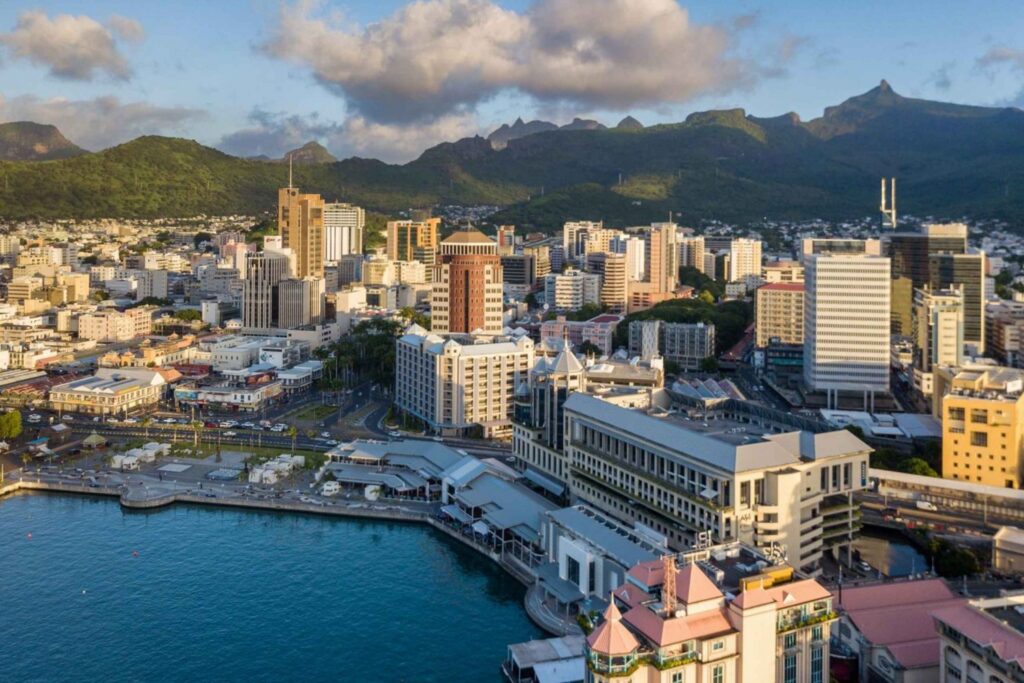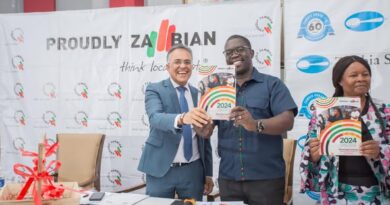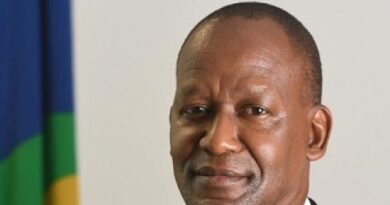Mauritius Charts Path to Fiscal Sustainability with Reforms in 2025-26 Budget
Mauritius has unveiled an ambitious fiscal reform plan in its 2025–26 national budget aimed at reversing rising public debt and securing long-term economic sustainability. The strategy focuses on boosting revenue, reforming the pension system, and enhancing spending efficiency amid mounting fiscal pressures and a rapidly ageing population.
According to a recent International Monetary Fund (IMF) assessment, the island nation is pursuing critical reforms in line with IMF policy recommendations that could reduce public debt from 87% of GDP in 2024 to 75% by 2030.
“Like the extinct dodo once native to Mauritius, today’s prosperity must be protected through smart and sustainable policies,” said Mariana Colacelli, IMF mission chief to Mauritius, and Felix Simione, senior economist with the IMF African Department.
The new budget aims to raise tax revenues by over 2% of GDP through the removal of select VAT and excise duty exemptions—particularly those benefiting construction, real estate, and electric vehicles. New taxes and lower payment thresholds are also being introduced. While the reforms may present short-term challenges, officials stress the importance of cushioning impacts on low-income groups.
With the population ageing rapidly, pension spending through the Basic Retirement Pension (BRP) program—already doubled since 2019—is projected to soar. The government plans a phased alignment of BRP eligibility age from 60 to 65, matching the official retirement age. This measure aims to ensure long-term sustainability while easing the tax burden on younger generations.
The budget also addresses inefficiencies in social subsidies. Only 11% of social aid beneficiaries are currently considered poor. By gradually scaling back broad-based subsidies and redirecting savings to more targeted programs, Mauritius seeks to better support vulnerable populations and reduce inequality.
The IMF’s 2025 Article IV Consultation Report commended Mauritius for its decisive steps, calling them essential for maintaining economic resilience. While the country has evolved into a diversified upper-middle-income economy, experts caution that without structural reforms, its fiscal path could become unsustainable.
“Unlike the dodo, Mauritius has the tools to ensure its economic survival,” the IMF officials stated. “But that depends on timely reforms, inclusive policies, and efficient governance.”
The next steps will require careful implementation, inclusive dialogue, and political will to preserve Mauritius’ hard-won economic gains.



